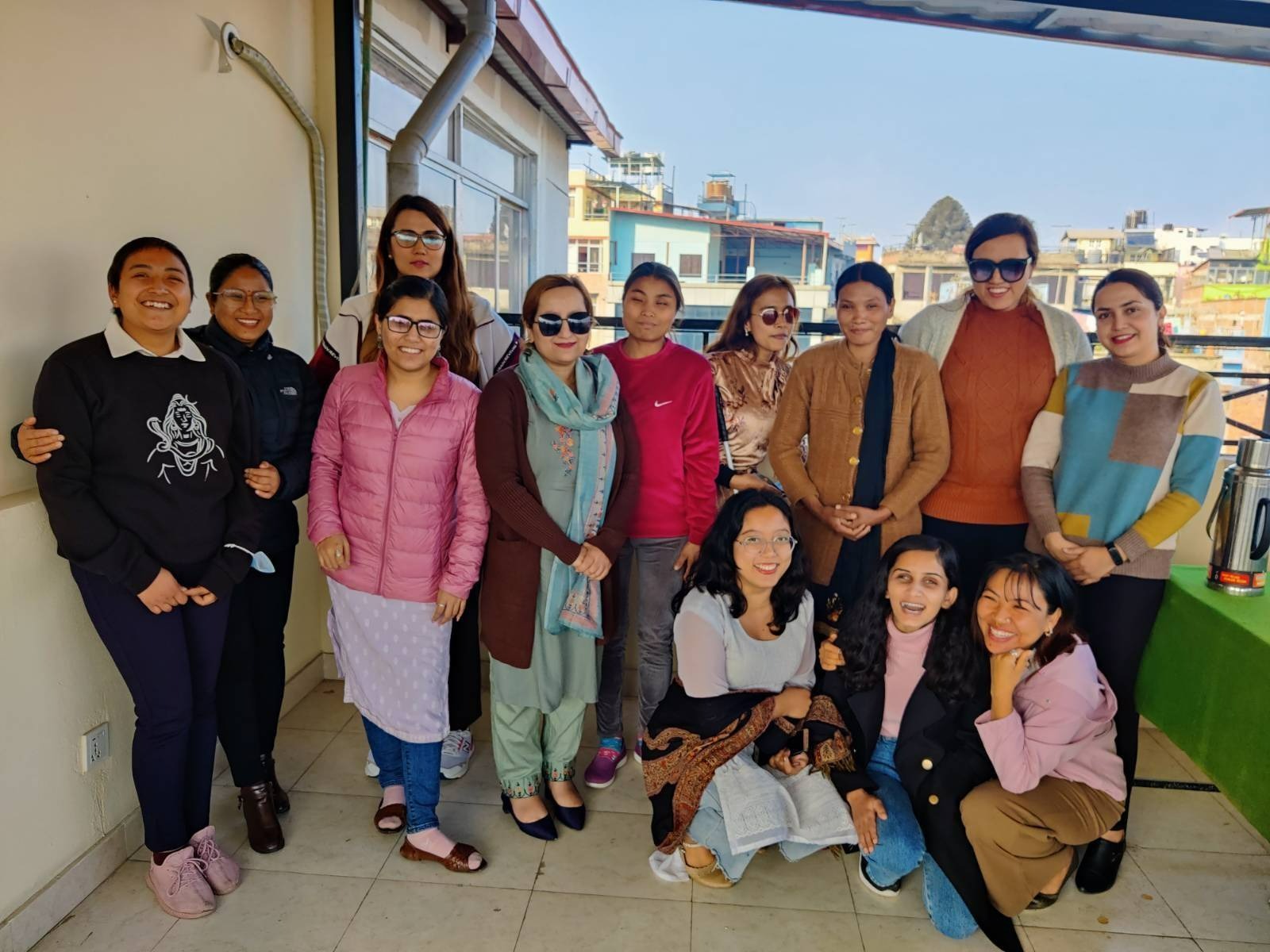In early 2023, we had a workshop with Prayatna Nepal about digital rights, organization security and digital security tools. Prayatna Nepal is an organization established to works for visually impaired women and girls. The organization works top empower visually impaired women and girls to take their lives in their own hand.
We asked some of the representatives of the organization who took part in the workshop about their experiences of the workshop.
1. Why do we need organizational digital security conversation? – you can talk about risk/ and impact/ importance?
Jalasa: Organizational digital security conversation is crucial for any organization, regardless of its size or the industry it operates in. This conversation is necessary to identify, assess, and manage the risks associated with the organization’s digital assets, including its information systems, data, and networks.
The importance of organizational digital security conversation lies in the fact that organizations are increasingly relying on technology to conduct their daily operations, store sensitive data, and communicate with stakeholders. This reliance on technology exposes organizations to a range of security threats, including cyber-attacks, data breaches, and malware infections, among others. These threats can result in significant financial losses, damage to the organization’s reputation, and legal liabilities.
Furthermore, the impact of a security breach can be devastating, especially for organizations led by person with visual impairment. Such organizations may face additional challenges in terms of accessibility and may not have the necessary resources to recover from a security breach. Therefore, having a robust digital security conversation in place can help prevent such incidents from occurring and mitigate their impact if they do occur.
Another important factor to consider is accessibility. Organizations led by person with visual impairment may face unique challenges when it comes to digital security. For example, they may require specialized tools or technologies to access digital resources securely. Therefore, it is essential to ensure that digital security policies and procedures take into account the needs of individuals with visual impairments to ensure that they can access information and participate fully in the conversation.
All an All, an organizational digital security conversation is essential for identifying and mitigating security risks, protecting sensitive data, and ensuring the accessibility of digital resources. Organizations led by persons with visual impairment must prioritize digital security to protect their organizational day to day operations and ensure the safety of their stakeholders.
Sarita: Organizational digital security conversation is required to effectively manage the organization’s physical human resources and their data is to determine who will be responsible and what strategy to prepare for building an organization’s data security system.
Ritu: The conversation on organizational digital security is crucial and needs to be one of the priorities of discussion for every organization. Through our recent organizational digital security workshop, we got an opportunity to reflect on our work. This helped us identify and realize our strengths, weaknesses, and processes that we have been knowingly or unknowingly adopting to ensure digital security. Not only that, it also guided us to take this discussion further and take responsibilities carefully.
2. What are major learnings of the workshop (any one or two) or how did you feel during the entire process?
Jalasa: During the workshop, I gained valuable insights into the complex nature of digital security and the critical importance of protecting organizational data and property. I learned about the need for contingency plans, incident response strategies, and other measures to ensure a digitally secure organization. The workshop also helped me understand the organizational data life-cycle process and the various digital threats that organizations face, including their strengths, weaknesses, and opportunities for improvement. One of the highlights of the workshop for me was the section on Organizational Data Classification, which helped me better understand how to categorize and protect different types of data. Overall, the workshop was an enriching and informative experience that provided me with valuable knowledge and skills to improve my organization’s digital security.
Sarita: The entire process is so useful for Prayatna Nepal team. It was very useful to find out the stage of digital security of the organization. This workshop enables the Prayatna Nepal team to analyze the risk of organization which support to enhance the capacities to prepare a strategy on how to respond to them while protecting the data of the community connected with the organization.
Ritu: It was a learning experience for me. The entire process felt like a learning opportunity that allowed us as a team to understand each other’s feelings, standpoints, and most of all how and what organizational digital security looks like. We were able to realize the importance of planning little things that do not look as important or big now but could hold a great value at any point in the future. This workshop also gave us a positive feeling and a sense of pride in learning that Prayatna Nepal as a team are all on the same page. This is because we have been transparent and hold strong ethical ground in all our works. Besides these, we also came to a common understanding that having a data protection policy in place helps and guides the organization in protecting and proper channeling of data by following certain safety protocols. Hence, we have decided to develop a data protection policy for Prayatna Nepal which shall be an important guiding document in its proper functioning and safety.

